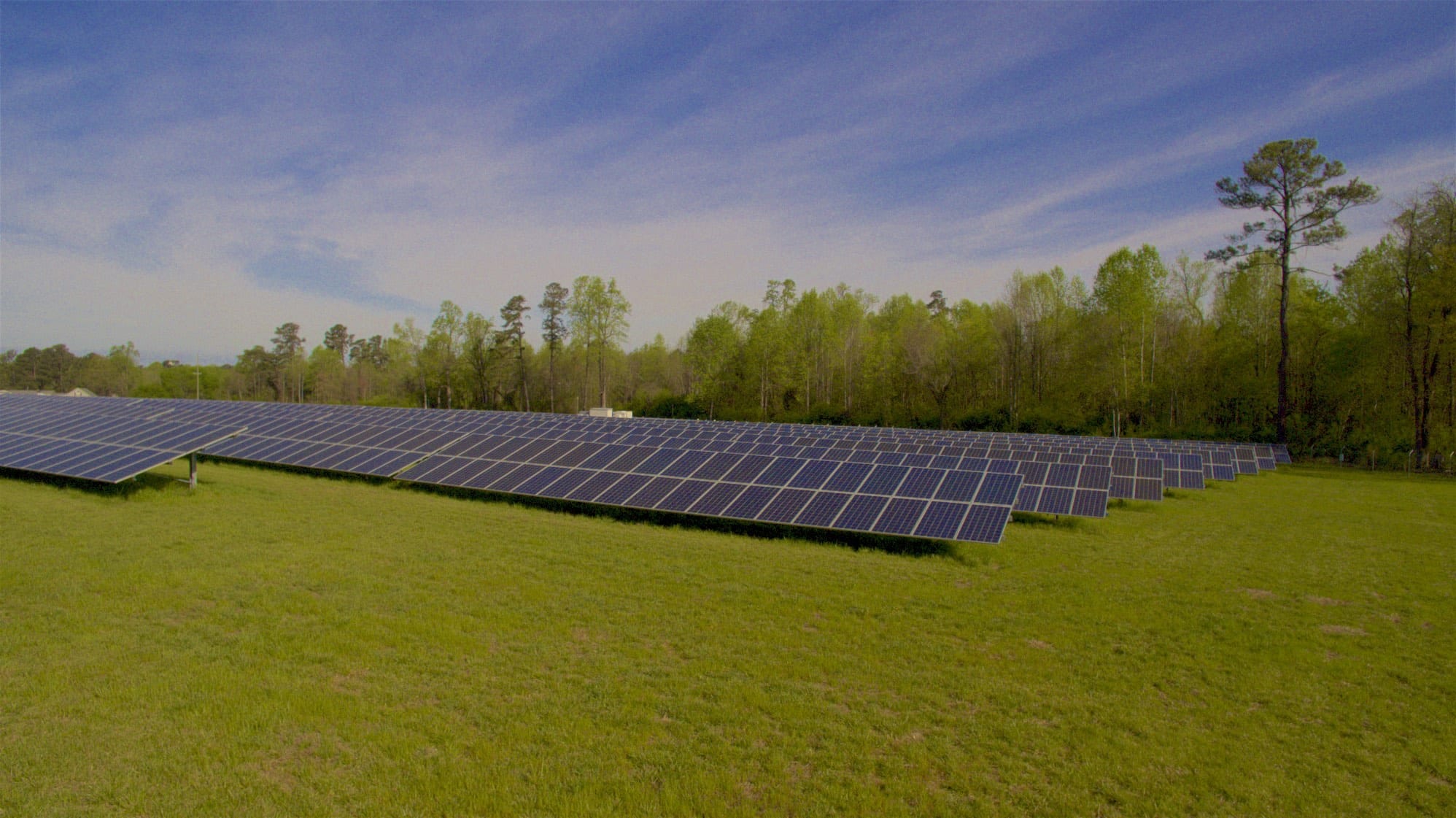Tech giants urge halt to green-energy freeze
Apple, Facebook and Google, which own energy-hungry data centers in North Carolina, have called on legislative leaders to halt a move to freeze the state’s renewable energy standard.
The three companies add powerful voices to the debate over the measure now before the state Senate. The North Carolina Sustainable Energy Association cites reports that estimate their investments in data centers in Rutherford, Caldwell and Catawba counties at $2.7 billion.
In a joint letter Wednesday to Senate leader Phil Berger and House Speaker Tim Moore, the tech giants predict the freeze would have “a significant negative impact” on the availability of green energy in the state.
As global operators, the companies say, “the right and ability to access power from renewable resources is not merely a goal, but an expectation.”
The letter was on the letterhead of TechNet, which calls itself a bipartisan policy and political network of CEOs and senior executives that promotes the “innovation economy.”
The bill would freeze a 2007 mandate that utilities get increasing amounts of energy from the sun, wind and organic fuels, reaching 12.5 percent by 2021. It’s been a key factor in making North Carolina a national leader in solar energy.
The legislation would freeze that goal at the current 6 percent.
The companies say they located in North Carolina in part because of policies including the green-energy standard.
Apple operates biogas fuel cells and two large solar farms in Catawba County and plans to build a third farm. Google has prodded Duke Energy to make renewable energy more readily available to large customers.
The companies’ letter also criticized a provision of the bill that would lower the size of green-energy projects that must negotiate power-purchase contracts with utilities.
The companies predict the provision would create a barrier for new projects and chill investment in the industry.
“Any change should therefore consider not just protecting, but expanding these benefits, and any changes should include a comprehensive review of energy policies through established, inclusive stakeholder processes,” the letter said.
Duke Energy, which has said it did not seek the legislation and has no position on it, has advocated a collaborative approach to sort through a number of green-energy issues.
Duke’s former chief executive, Jim Rogers, spoke out against the bill last week. Rogers said legislators in favor of the freeze were “focused on the past.”

